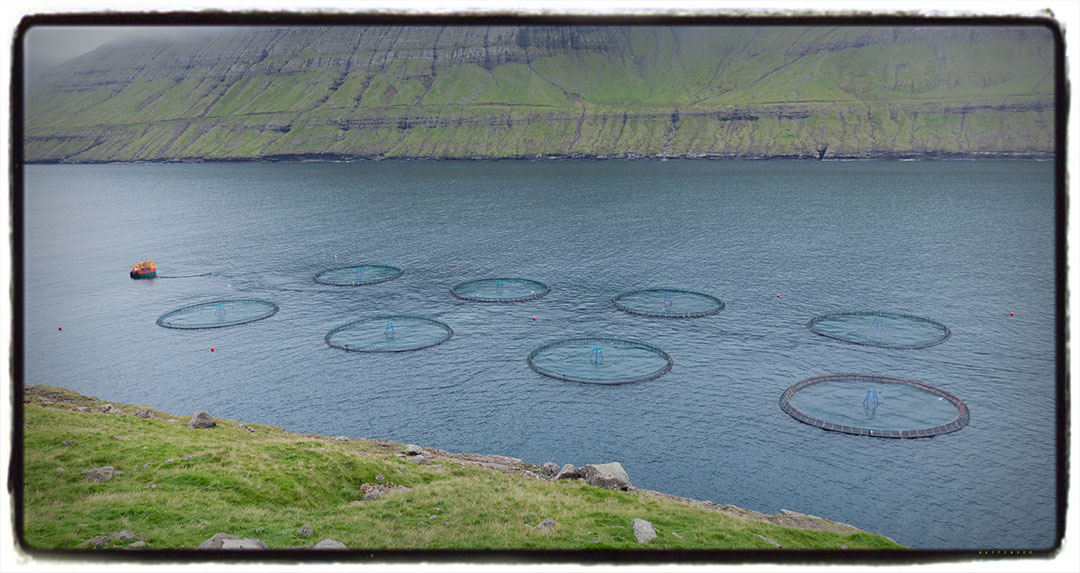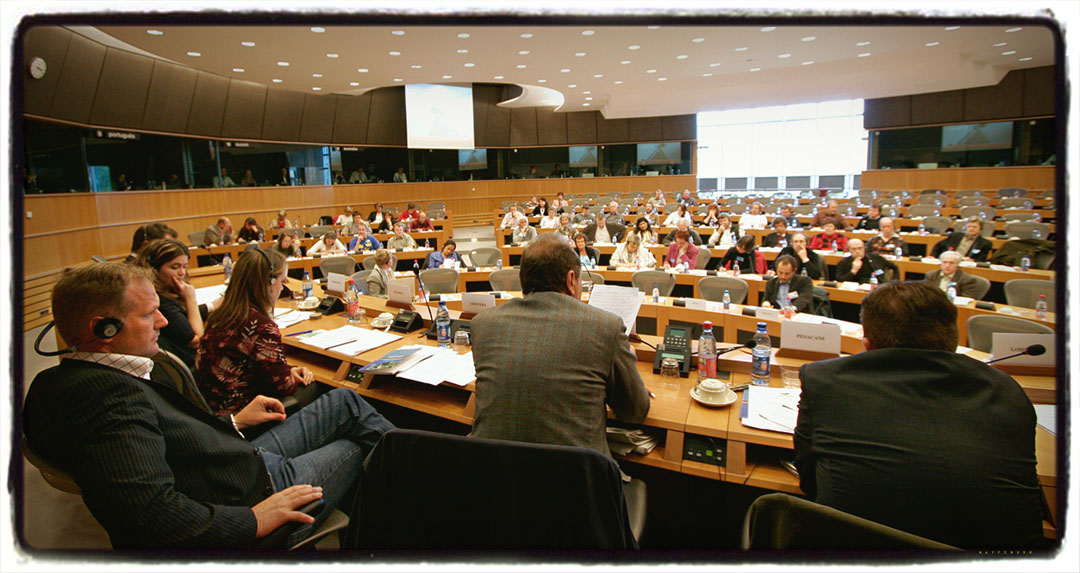Starting small
The first step in designing your implementation process is setting up small-scale pilots that will help you test the impact of your action strategies in reality. Because of the large uncertainty associated with all interventions in complex systems, it is better to start with this rather than roll out large-scale interventions.
Look at your strategies and your list of possible actions and try to identify a small number of actions that could be tested in a first round and look for settings where these pilot projects could be implemented. While this could be done in different ways, you should target interventions that will reveal the maximum information about the system. For example, you could start with an action that could be implemented within two different communities at once to test social or cultural factors that might be a barrier to the implementation process. Alternatively, you could start with actions based on assumptions that have high consequences but weak evidence. There are often long response times in both social and ecological systems but consider where or how you could intervene with small, short term projects that will rapidly increase your knowledge, your experience or understanding of the system.

Fish aquaculture and feeding station, Eidi, Farao Islands. The first step in designing your implementation process is to set up a series of small-scale pilots that will help you test your action strategies, and your underlying assumptions. Photo: A. Maslennikov/Azote.
Keep in mind that you are intervening in a complex system, which means that there is no way of anticipating all the effects that your actions will have. Remember also that it is critical that your actions do not produce harm, especially to those that are already vulnerable. Before starting any pilot projects, use the discussion questions below to make sure you are sufficiently prepared.
Evaluating the pilots
When you feel confident that your interventions can fail without harming anyone, you are ready to start the pilot testing of specific actions. In evaluating the progress in these pilots, make sure that you ask questions that will inform your wider knowledge and understanding of the system, for example:
- What have you learned about your system during the design and implementation of these small-scale pilot projects? Has the process revealed any new insights about leverage points in the system?
- In particular, have any new dynamics emerged that have the potential to contribute to a sustainable, safe and just future? How could these dynamics be nurtured and spread?
- What are the implications for scaling the pilot projects so that it can be more widely applied and taken up? Does the intervention need to change to give it a wider reach?
- What barriers or challenges to more widespread implementation has the piloting phase identified?

